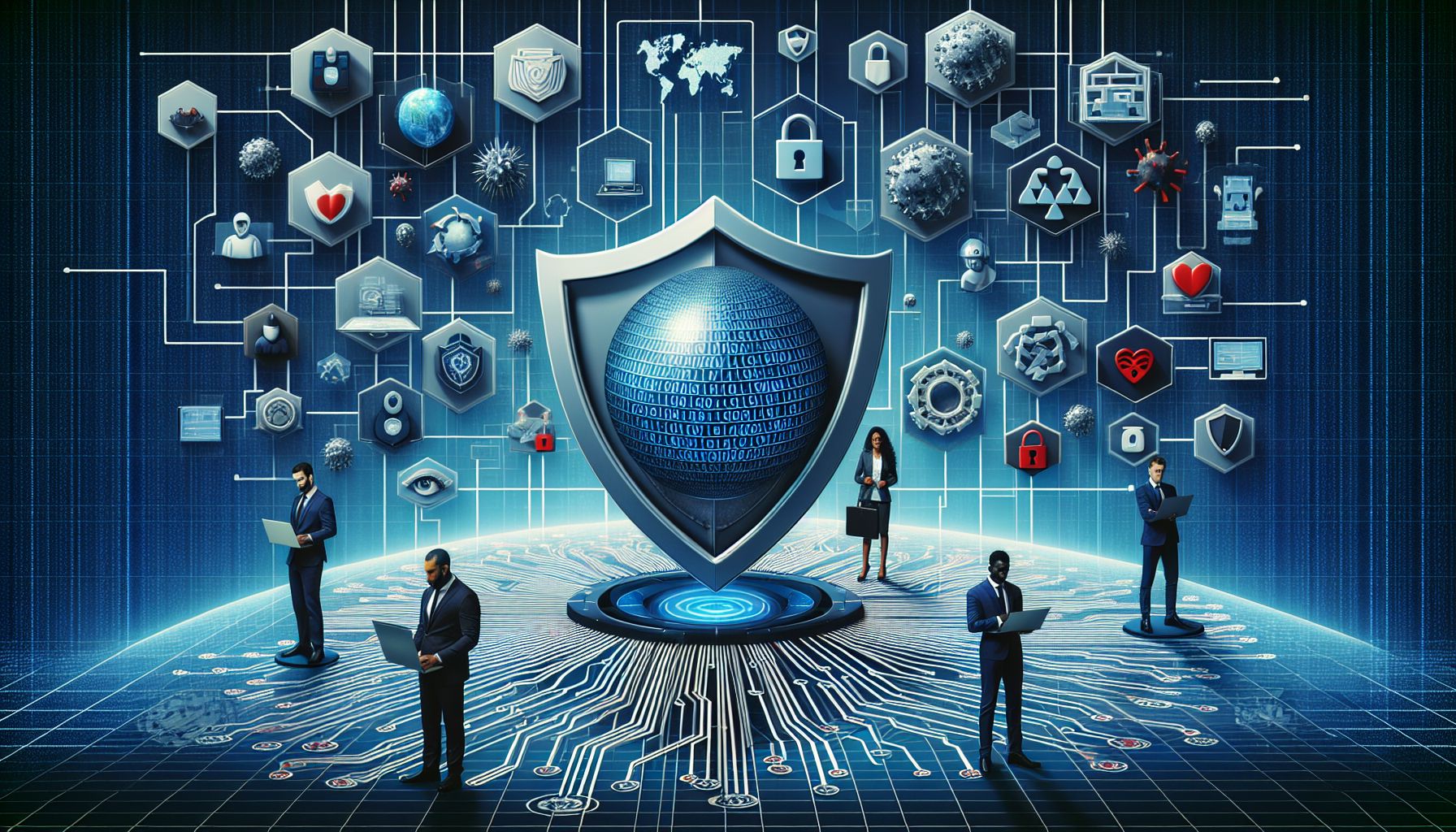Hello tech enthusiasts! Today, we’re going to delve into the fascinating world of cyber security. As technology continues to advance at lightning speed, so do the threats and risks associated with it. It’s more important than ever to prioritize cyber security measures to protect your digital world from falling prey to cyber attacks. In this blog post, we’ll explore why cyber security is crucial, common cyber threats, and some best practices to keep your data safe and secure.
Why Cyber Security Matters
Cyber security is the practice of protecting electronic data from unauthorized access, use, disclosure, disruption, or destruction. In today’s interconnected world, where almost every aspect of our lives is digitized, the need for cyber security has never been greater. Our personal information, financial details, and even national security are all at risk if we don’t take the necessary precautions to secure our digital assets.
One of the biggest reasons cyber security matters is the prevalence of cyber attacks. Hackers, criminals, and even nation-states are constantly probing for vulnerabilities in our digital systems to exploit for their own gains. These attacks can result in financial loss, reputational damage, or even physical harm in some cases. By investing in robust cyber security measures, we can reduce the likelihood of falling victim to such attacks and protect ourselves and our digital assets.
Common Cyber Threats
There are various types of cyber threats that individuals and organizations face on a daily basis. Some of the most common ones include:
-
Malware: Malicious software designed to disrupt, damage, or gain unauthorized access to a computer system.
-
Phishing: Attempts to trick individuals into providing sensitive information, such as passwords or credit card numbers, through fake emails or websites.
-
Ransomware: Malware that encrypts a user’s files and demands payment for their release.
-
Data breaches: Unauthorized access to sensitive information stored on a computer system or network.
-
DDoS attacks: Distributed Denial of Service attacks that overwhelm a server with traffic, causing it to become unavailable.
Best Practices for Cyber Security
Now that we’ve covered why cyber security is important and the common threats we face, let’s discuss some best practices for protecting your digital world:
-
Keep your software up to date: Make sure you regularly update your operating system and applications to patch any vulnerabilities that could be exploited by cyber criminals.
-
Use strong, unique passwords: Avoid using easily guessable passwords like “password123” and instead opt for complex, unique passwords for each of your accounts.
-
Enable two-factor authentication: This adds an extra layer of security by requiring a second form of verification, such as a text message or fingerprint scan, to access your accounts.
-
Be cautious online: Avoid clicking on suspicious links or downloading attachments from unknown sources, as they could contain malware or lead to phishing attacks.
Conclusion
In conclusion, cyber security is essential in today’s digital age to protect our personal information, financial assets, and national security from cyber attacks. By understanding the importance of cyber security, being aware of common threats, and implementing best practices, we can improve our digital defenses and safeguard our digital world.
So, tech enthusiasts, let’s band together to prioritize cyber security and make our digital world a safer place for all! Be vigilant, stay informed, and stay safe online. Your digital assets are worth protecting.
